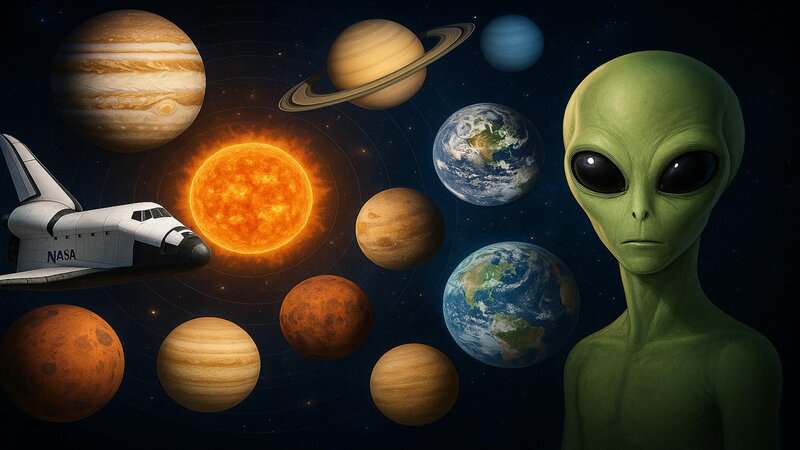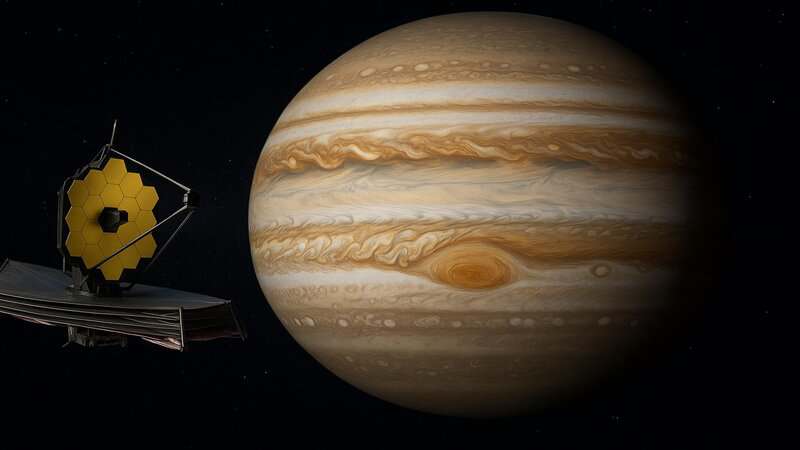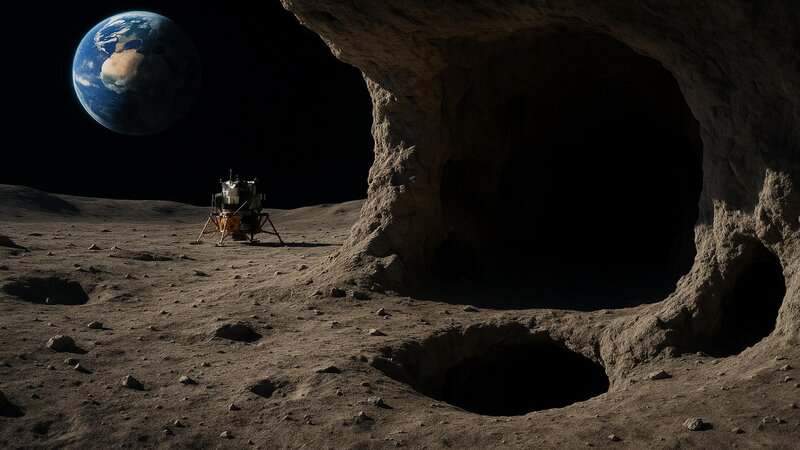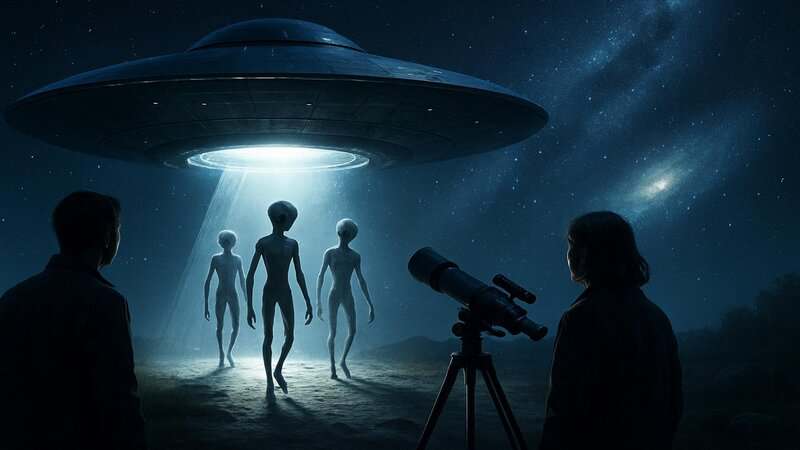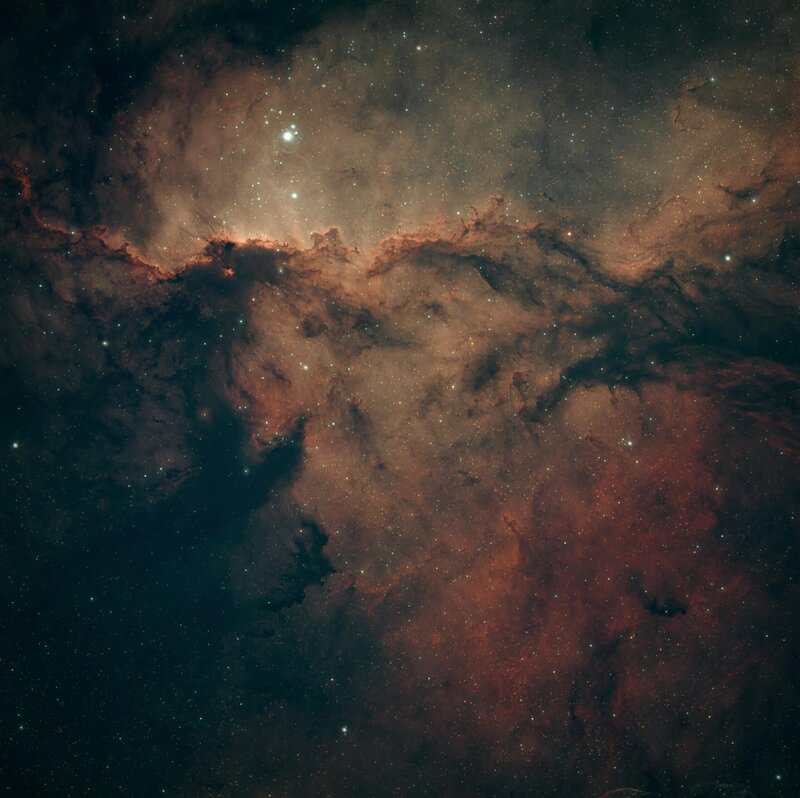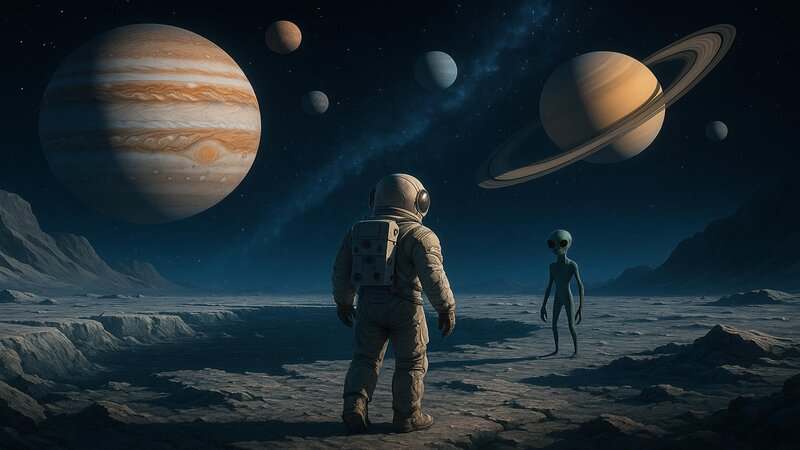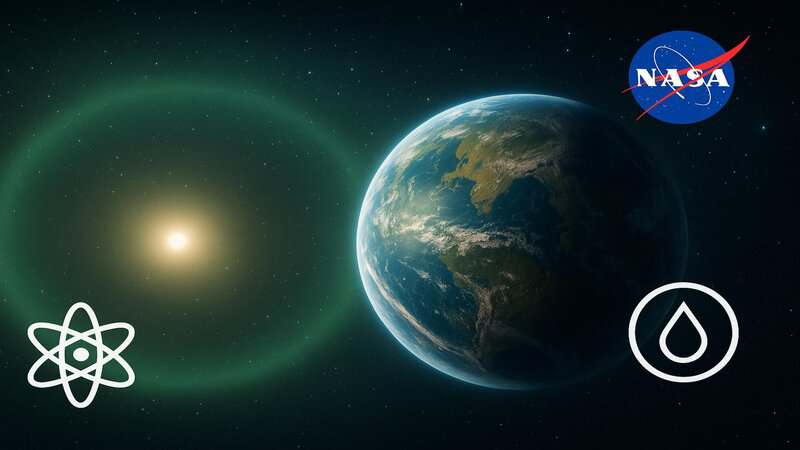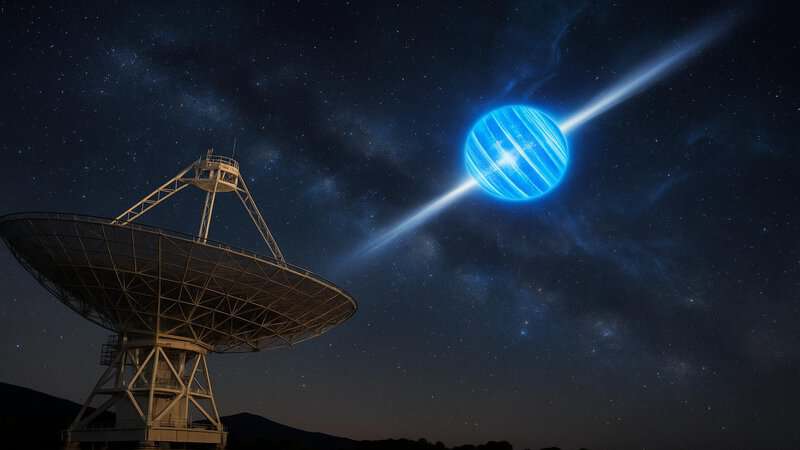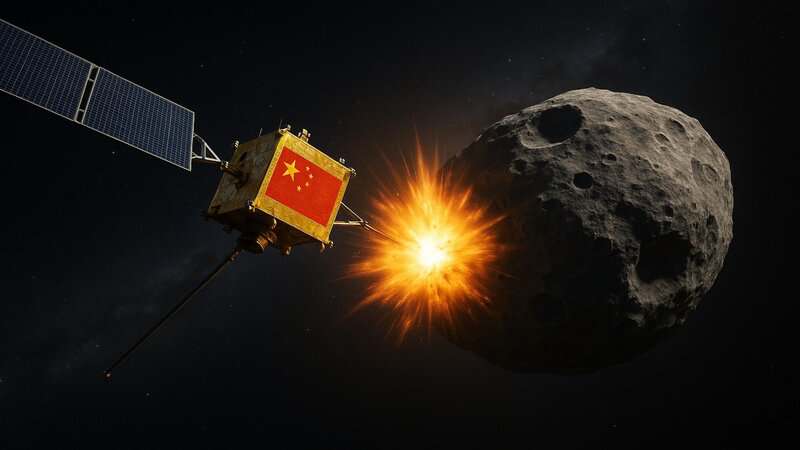The universe is a vast and mysterious place, but even within our own solar system, there are astonishing secrets hiding in plain sight. While NASA has revealed much about our planetary neighbors, some truly mind-blowing facts remain overlooked or rarely discussed in mainstream science. From bizarre planetary features to surprising cosmic oddities, these revelations challenge…
Kategorie-Archive: Space
After more than two decades of relentless research, scientists have successfully decoded the complete human genome, marking a pivotal moment in biological science. This monumental achievement is the result of a vast, coordinated international effort involving hundreds of researchers across the globe. The final breakthrough came through the work of the Telomere-to-Telomere (T2T) Consortium, who…
Jupiter’s Great Red Spot has captivated astronomers for centuries, standing out as a colossal storm—so large it could easily swallow Earth. Yet, recent advances in telescope technology have uncovered astonishing phenomena occurring high above this swirling tempest. These discoveries reveal that the region is not just a weather system, but a complex and dynamic atmospheric…
In early 2024, lunar researchers made a groundbreaking discovery: a vast cave system just 250 miles from the legendary Apollo 11 landing site. This unexpected find has sent ripples through the scientific community, igniting fresh excitement for lunar exploration. The cave’s proximity to humanity’s first steps on the Moon connects past triumphs with future promise….
The search for extraterrestrial life is one of humanity’s most profound scientific quests. The United States has long been a global leader in space exploration, pioneering missions to the Moon, Mars, and beyond. However, despite its technological prowess, America’s policies, priorities, and even cultural attitudes may be undermining our best chances to answer the ultimate…
The fate of the universe stands as one of cosmology’s most profound questions. From the moment of the Big Bang, our universe has been expanding, carrying galaxies ever farther apart. Yet, what lies at the end of this cosmic journey remains shrouded in mystery.Will the universe expand forever, tear itself apart, or collapse back into…
Are we alone in the universe? This age-old question has driven scientists to scour the cosmos for signs of life. Recent discoveries and bold missions have revealed that our solar system is far more diverse—and potentially more habitable—than we once imagined. From icy moons with hidden oceans to clouds rich in organic compounds, the hunt…
In January 2024, NASA announced a remarkable discovery: a planet named TOI-715 b, orbiting a star just 137 light-years from Earth. What makes this world so compelling is its location—right within its star’s habitable zone, where conditions may allow liquid water to exist. This find has reignited excitement among astronomers, as TOI-715 b could be…
In a dazzling leap for astrophysics, astronomers have uncovered the fastest-spinning pulsar ever observed—an astonishing neutron star whirling at 716 rotations per second. This discovery not only shatters previous records but also challenges our understanding of the limits of matter under extreme conditions. Pulsars, the dense remnants of massive stellar explosions, are known for their…
In 2024, China unveiled an ambitious plan to send a spacecraft hurtling toward asteroid 2015 XF261, targeting an impact speed of 10 km/second. This daring mission—widely dubbed “DART 2.0″—draws inspiration from NASA’s pioneering DART experiment, signaling a new era in international asteroid defense. As concerns about potential asteroid threats rise, China’s project highlights how planetary…

